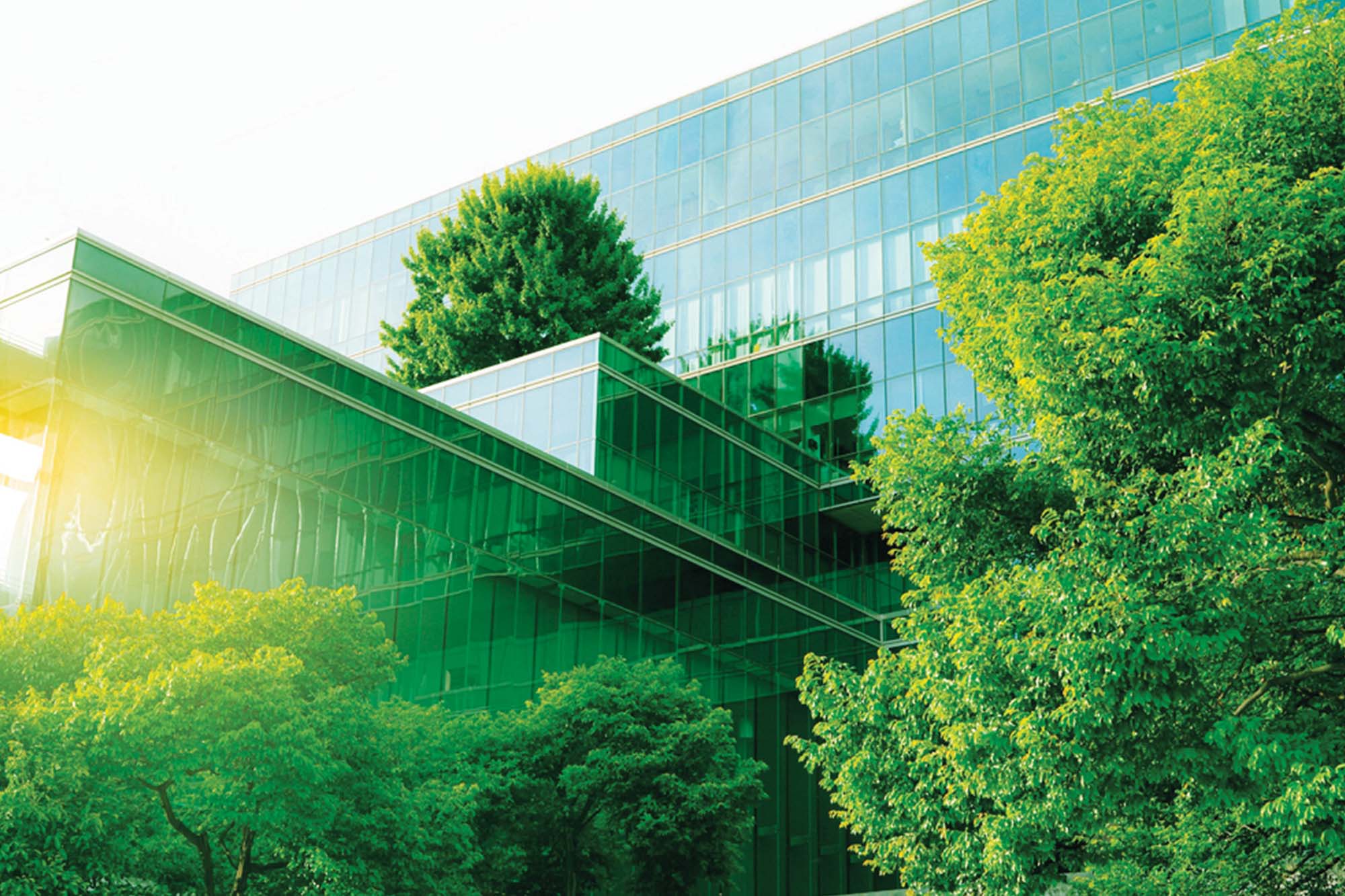Net-zero energy design is key to achieving sustainable architecture

India’s building sector currently accounts for around 30 percent of the country’s electricity consumption, and the demand is expected to double by 2030. This surge is bound to strain the power grid, which remains heavily dependent on coal.
India’s reliance on coal has created several challenges, including balancing the need to meet growing energy demands while reducing carbon emissions to fulfil the country’s ambitious net-zero goal by 2070. Addressing these challenges requires an accelerated shift towards energy-efficient buildings and a larger integration of renewable energy sources. Sustainable building practices, green certifications, and advancements in energy technology are critical to minimising the sector’s environmental impact and reducing strain on the grid.
India’s quest for sustainable development has placed net-zero energy design (NZED) at the centre of architectural innovation. By embracing NZED, India will be able to address some of its most pressing environmental challenges. NZED buildings rely on renewable sources like solar and wind energy, effectively reducing carbon footprints and energy costs.
Government policies and Green Building certifications
Of late, the Indian government has implemented various policies and certification systems to promote sustainable construction. Key among these initiatives is the Energy Conservation Building Code (ECBC), which mandates energy efficiency measures for large commercial buildings. Complementing ECBC regulations, international certification standards like those offered by the U.S. Green Building Council (USGBC) and Green Business Certification, Inc. (GBCI) have gained traction in India. Leadership in Energy and Environmental Design (LEED), managed by GBCI, has emerged as one of the most widely recognised frameworks for sustainable building practices. The certification covers energy use, water efficiency, and indoor air quality, and helps building owners implement and maintain eco-friendly standards that contribute to long-term sustainability. To further encourage the adoption of green buildings, the Union Ministry of Environment, Forest, and Climate Change has created incentives for green-certified buildings, steering the nation to align with global sustainability goals and transition towards a low-carbon economy.

Key strategies for achieving net zero energy buildings
In NZED buildings, energy-efficient heating, ventilation, and air conditioning (HVAC) systems, along with LED lighting, play a crucial role in reducing energy consumption. Smart technologies further enhance the energy efficiency of NZED buildings by optimising energy use and creating a dynamic relationship with the energy grid. Building automation systems allow lighting, heating, and cooling adjustments based on occupancy, preventing unnecessary energy use. Smart meters and real-time data monitoring systems provide insights into energy usage, allowing for continuous energy optimisation. These technologies enable buildings to adjust energy use to off-peak hours or times when renewable energy is available, contributing to a more resilient and efficient built environment.
Challenges in implementing NZED in India
NZED buildings yield substantial savings over time but come with high upfront costs associated with advanced materials, renewable energy systems, and smart technology adoption. Creating and maintaining NZED buildings requires expertise in sustainable architecture, energy management, and advanced construction techniques. However, the availability of skilled professionals with these specialised capabilities is currently limited in India, affecting the pace and quality of NZED projects.
The future of sustainable architecture in India
India’s journey toward net-zero emissions by 2070 requires widespread adoption of sustainable architecture practices. NZED is no longer an option but a necessity to mitigate climate impact. Government support and technological advancements are crucial to making NZED accessible across residential and commercial real estate sectors. With its economic and environmental benefits, NZED can potentially transform India’s urban landscape. Through NZED, architects, developers, and policymakers can build resilient, eco-friendly cities that meet present-day demands and ensure a sustainable future.
Cookie Consent
We use cookies to personalize your experience. By continuing to visit this website you agree to our Terms & Conditions, Privacy Policy and Cookie Policy.










